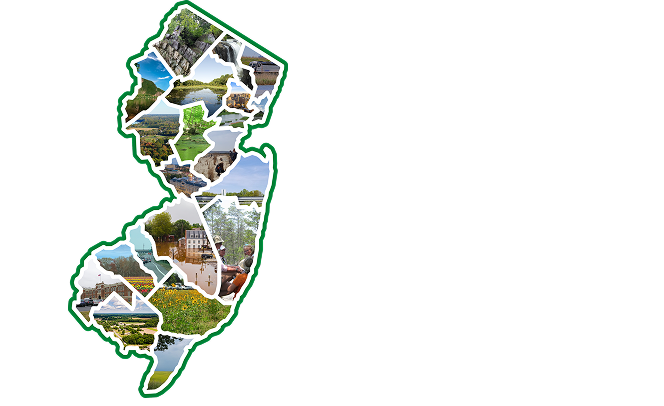Active banners: 0 Visible banners: 0
Water Cycle Lesson: Climate Change
Created by Teacher(s): Mallory Swafford|Published on: November 16, 2022
Lesson Plan Created by SubjectToClimate teachers
678
Synopsis
In this lesson, students learn about the water cycle and how climate change impacts its patterns.
Inquire: Students contemplate their relationship with water and observe a demonstration to determine if climate change affects the water cycle.
Investigate: Students explore an interactive diagram about the water cycle.
Inspire: Students watch a video and complete a series of questions in their student journals.
.png)
Teaching Materials
Lesson Plan Preview
Accompanying Materials
Scientist Notes
Teaching Tips
Standards
Teacher Writer

Mallory Swafford
Teacher
Reviews
All resources can be used for your educational purposes with proper attribution to the content provider.




